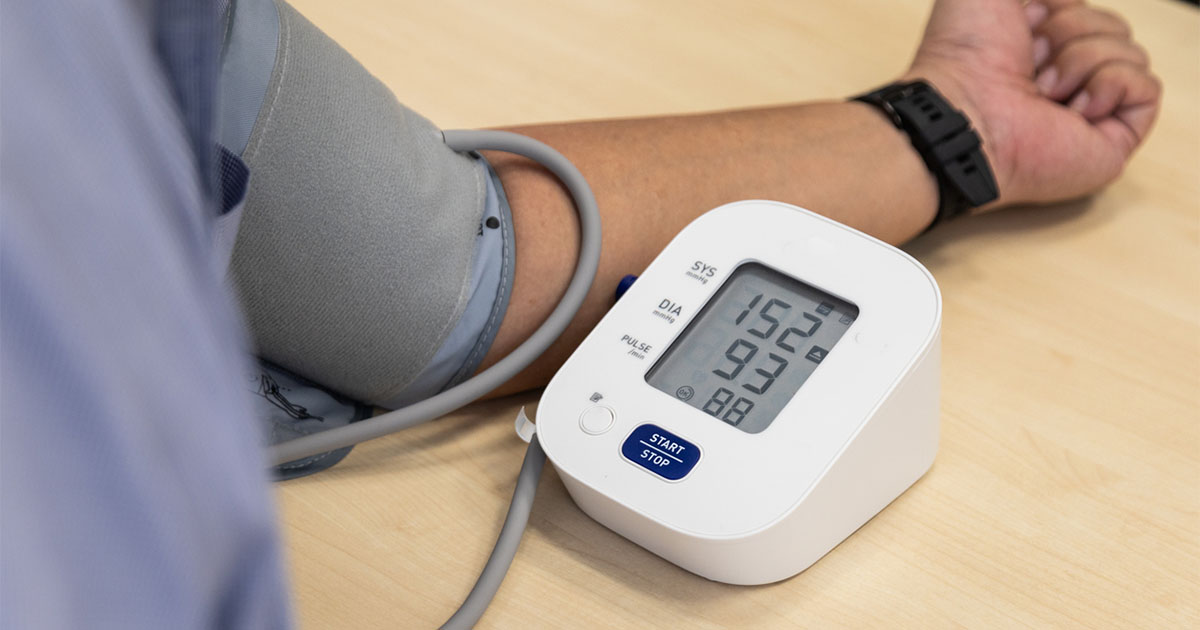It is key that diabetes services evolve and develop to meet the care needs of the ever-increasing population with diabetes, now estimated to be between 2.8 million (Diabetes UK, 2011) and 3.1 million (Holman et al, 2011) people.
Often the need for change becomes obvious when people referred to specialist care cannot be seen as quickly as desired and follow-up appointments cannot be re-booked in a clinically timely fashion. This generally results in demotivation of people with diabetes to implement the self-management plans agreed, because bottlenecks in the service occur.
Financial resources have recently become more tightly managed, creating another driving force for service change as commissioners need to be reassured that services provide value for money. Therefore, healthcare professionals must now work more efficiently and effectively and be able to prove it.
The results of the ACCORD (Action to Control Cardiovascular Risk in Diabetes; ACCORD Study Group et al, 2011) and ADVANCE (Action in Diabetes and Vascular Disease: Preterax and Diamicron Modified Release Controlled Evaluation; ADVANCE Collaborative Group et al, 2008) trials suggested that near-normal glycaemic control in the first few years following diabetes diagnosis may reduce the risk of developing long-term diabetes-related complications. Healthcare professionals in primary care need further support in diabetes management, particularly for improving glycaemic control and in the recognition and prevention of short-term diabetes complications such as hypoglycaemia. Costs relating to long-term diabetes complications are also currently being stretched, therefore resources must be used more efficiently.
The drive to improve quality of care while considering available resources requires healthcare professionals to work in integrated teams. These teams involve specialists sharing their knowledge and skills in diabetes management, thus increasing grounded confidence and skill ranges across the diabetes pathway from diagnosis to the management of the increasing complexities of diabetes and complications.
The central focus of integrated care, therefore, has to be the patient. Patient services need to be developed that encompass the delivery of individualised care for people with diabetes as well as addressing collective needs.
Each person with diabetes should have easy access to the knowledge, skills and support that they require. To achieve this, redesign and evolution of current services – as described by Sara Da Costa in the following article – should be based on key principles and should include structured education for healthcare professionals (including specialists) and people with diabetes, a higher level of communication skills and satisfaction among people using the service and the healthcare professionals, and use of management plans and evaluation.
Service evolution is based on the changing needs of the local population, increasing age, frailty and vulnerability and increasing obesity. It is also based on the need for staff support in delivering high-quality health and social care in times of change and some confusion. Sara Da Costa’s article describes one model of how this can be achieved through a positive approach.





Poster abstract submissions are invited for the 21st National Conference of the PCDO Society, which will be held on 19 and 20 November.
10 Apr 2025